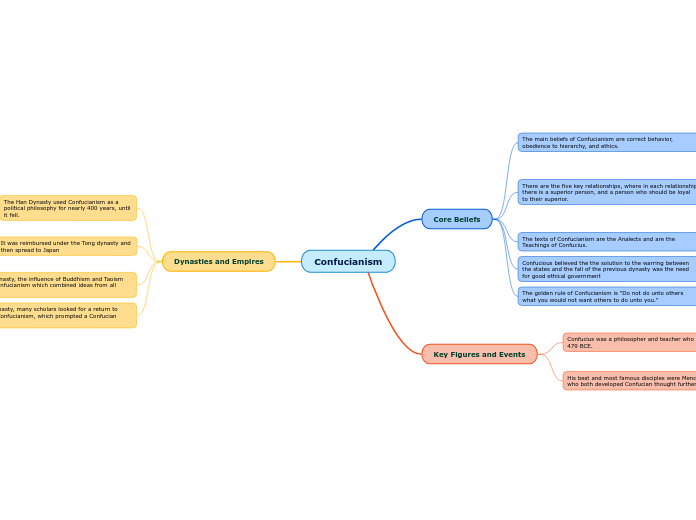Three branches of Government
Judicial (evaluates laws)
Supreme Court
Executive (carries out laws)
President
Cabinet
Vice President
Legislative (makes laws)
House of Representatives
435 Representatives total
The number of Representatives for each state is based on their respective population.
North Carolina Representatives
Holding, George (Republican) Committee Assignment: Ways and Means
Adams, Alma (Democrat) Committee Assignment: Agriculture, Education and the Workforce, Small Business
Meadows, Mark (Republican) Committee Assignment: Foreign Affairs, Oversight and Government, Transportation
McHenry, Patrick T. (Republican) Committee Assignment: Financial Services
Pittenger, Robert (Republican) Committee Assignment: Financial Services
Hudson, Richard (Republican) Committee Assignment: Energy and Commerce
Rouzer, David (Republican) Committee Assignment: Agriculture and Transportation
Walker, Mark (Republican) Committee Assignment: Homeland Security, House Administration, Oversight and Government
Foxx, Virginia (Republican) Committee Assignment: Education and Workforce rules
Price, David (Democrat) Committee Assignment: Appropriations
Jones, Walter B. (Republican) Committee Assignment: Armed Services
Ellmers, Renee (Republican) Committee Assignment: Energy and Commerce
Butterfield, G.K. (Democrat) Committee Assignment: Energy and Commerce
Senate
2 Senators per state
North Carolina Senators
Thom Tillis (Republican) Assigned Committees: Agriculture, Nutrition and Forestry, Armed Services, Judiciary, Veterans Affairs, Special Committee on Aging
Richard Burr (Republican) Committee Assignments: Chairman of the U.S. Senate Select Committee on Intelligence, Health, Education, Labor, and Pensions, Health, Education, Labor, and Pensions









